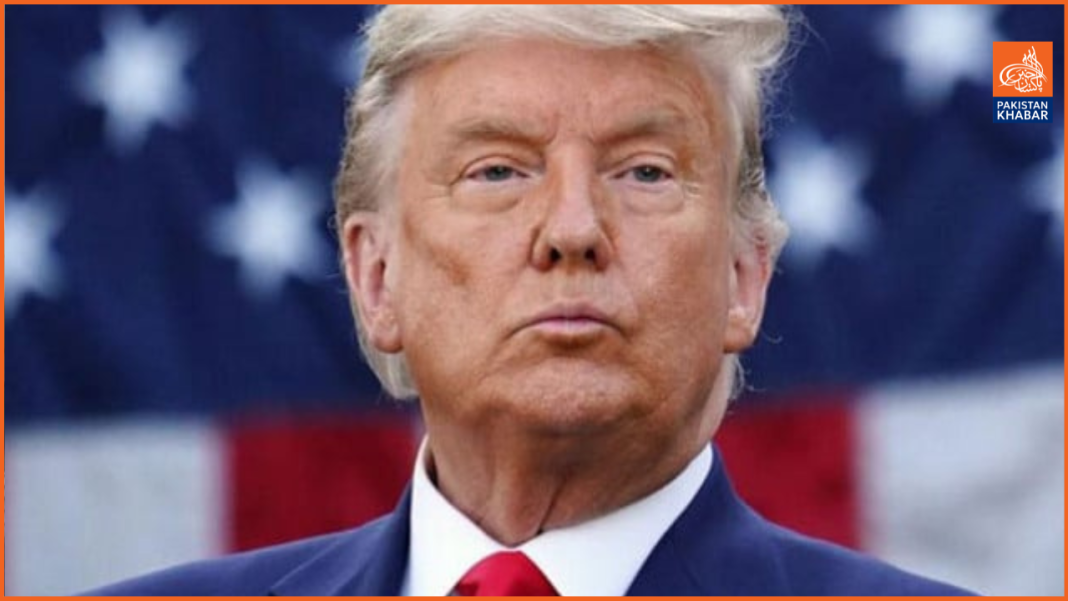After a magazine writer was unintentionally included to a Signal group chat where top US officials discussed secret military operations including possible strikes on Yemen’s Houthi troops, the Trump administration hurried on Tuesday to control the consequences.
President Donald Trump backed Michael Waltz, his national security adviser who founded the Signal group and unintentionally included Atlantic Editor-in-Chief Jeffrey Goldberg.
Critics in Congress labeled the episode “reckless” and demanded resignations even while the White House denied that any classified material was leaked.
Though both Director of National Intelligence Tulsi Gabbard and CIA Director John Ratcliffe faced intense questioning from Democratic legislators, at a Senate Intelligence Committee meeting they reported that no secrets were revealed.
“It’s hard to believe weapons and timing of strikes weren’t classified,” said Senator Angus King, voicing doubts. Declaring the talk “obviously dangerous,” Senator Ron Wyden demanded Waltz and Defense Secretary Pete Hegseth to quit.
Reporting the incidence, Goldberg said the communication included operational information on targets, weaponry, and assault sequencing on Yemen. He said the communication exposed major protocol flaws but refused to provide specifics.
Speaking at a White House conference, Trump said he backed Waltz, characterizing the episode as “embarrassing but simple.” He continued, “We have investigated it. Not one classified piece of information was exchanged. Trump again resurrected his assault of The Atlantic, labeling Goldberg as a “sleaze bag” and the magazine as “a failing publication.”
The White House has not confirmed whether any disciplinary action would be taken in face of popular indignation. While Communications Director Steven Cheung termed the response “faux outrage,” Press Secretary Karoline Leavitt accused Goldberg of sensationalism.
Among other key officials, the Signal group apparently comprised Secretary of State Marco Rubio, Secretary of Defense Pete Hegseth, Vice President JD Vance, and other authorities. According to Goldberg, the conversation also covered whether military action could be paid for by economic benefits taken from Europe.
In texts taken from Goldberg, Vice President Vance indicated unwillingness to “bail Europe out again,” which led Hegseth to respond: “I absolutely share your loathing of European free-loading.” PATHETIC.
Chair Mark Warner of the Senate Intelligence Committee pushed for the publication of the discussion logs, contending that openness was crucial even in cases of classification. “Why not bring them forward right now?” Warner inquired throughout the hearing.
The government has come under fire for holding such delicate conversations on Signal, an encrypted but non-governmental texting software. Professionals cautioned that if the gadget itself is not secure, even safe apps could be hacked.
“Signal has nothing to do here. Should a phone be hacked, the information is revealed, said cybersecurity specialist Rocky Cole.
The government agreed to examine internal communication policies in response to mounting criticism. Still, issues remain regarding whether appropriate national security protocols were followed and whether the occurrence violated federal record-keeping rules.
Gabbard and Ratcliffe are slated to speak once again during Wednesday’s “Worldwide Threats” session, when the House of Representatives will keep examining the issue.




